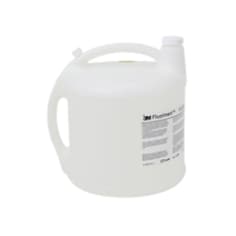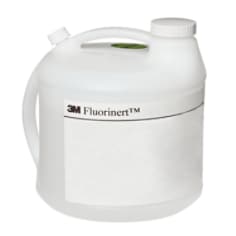
3M™ Novec™ 1710 Electronic Grade Coating, 5.4 kg (12 lb), 1 Bottle/Case
3M Stock
7100021385
Previous 3M Stock
98021236272
UPC
00051138991043
Alternative ID
Novec 1710
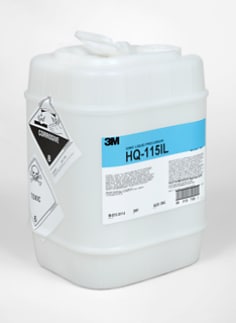
3M™ Ionic Liquid Precursor HQ-115IL
3M Stock
B10259007
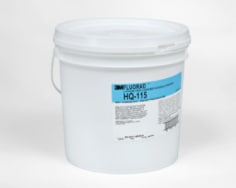
3M™ Battery Electrolyte HQ-115
3M Stock
B00005989

3M™ Novec™ 5110 Insulating Gas, 11.3 kg (25 lb), 1 Cylinder
3M Stock
B00000619
UPC
00051138992958

3M™ Novec™ 1700 Electronic Grade Coating, 5.4 kg (12 lb), 1 Bottle/Case
3M Stock
B5005005017
UPC
00051135710050
Alternative ID
1700
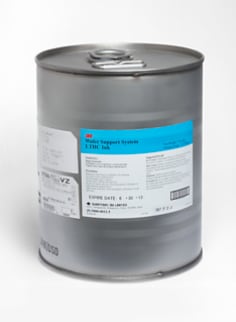
3M™ Light-To-Heat-Conversion Release Coating
3M Stock
B00042821

3M™ Novec™ Electronic Degreaser, 340 g (12 oz), 6 Canisters/Case
3M Stock
B00034083
UPC
00051138992675
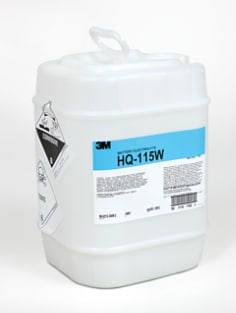
3M™ Battery Electrolyte HQ-115W
3M Stock
B5005036149

3M™ Novec™ Contact Cleaner Plus, 312 g (11 oz), 6 Canisters/Case
3M Stock
B5005005031
UPC
00051138992712
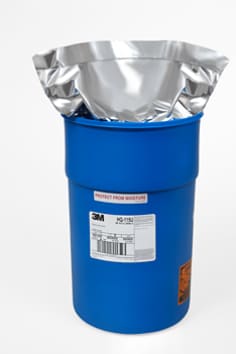
3M™ Battery Electrolyte HQ-115U
3M Stock
B5005036148

3M™ Novec™ Contact Cleaner/Lubricant, 340 g (12 oz), 6 Canisters/Case
3M Stock
B00034204
UPC
00051138992651

3M™ Novec™ Flux Remover, 340 g (12 oz), 6 Canisters/Case
3M Stock
B00034205
UPC
00051138992699

3M™ Novec™ 8200 Engineered Fluid, 163.3 kg (360 lb), 1 Drum
3M Stock
B5005005030
UPC
00051135631379
Alternative ID
Novec 8200
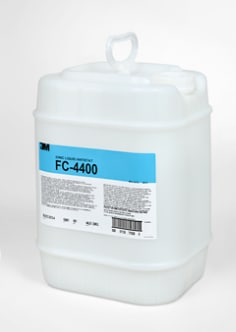
3M™ Ionic Liquid Antistat FC-4400
3M Stock
B10178970
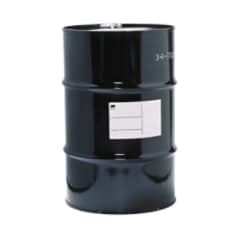
3M™ Novec™ 71D90 Engineered Fluid
3M Stock
B5005005032

3M™ Novec™ Contact Cleaner, 312 g (11 oz), 6 Canisters/Case
3M Stock
B40045161
UPC
00051135716991

3M™ Performance Fluid PF-5052, 340 kg (750 lb), 1 Drum
3M Stock
B10144227
UPC
00051135715659
Alternative ID
PF-5052
















